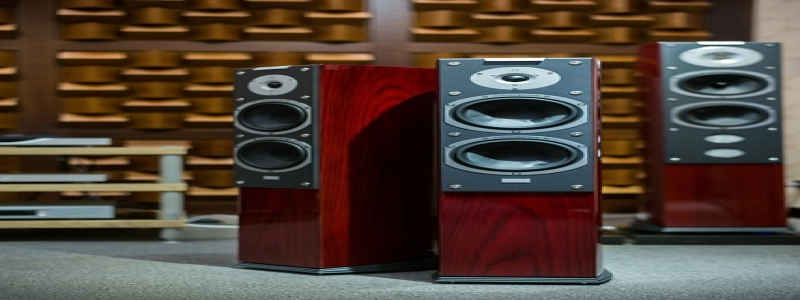Ubiquiti SFP Compatibility
Introduction
As the demand for high-speed networking continues to grow, it is crucial for businesses and individuals to choose networking equipment that is not only reliable but also compatible with their existing infrastructure. In this article, we will delve into the topic of Ubiquiti SFP compatibility and provide detailed information on its importance and how to ensure compatibility when selecting SFP modules for Ubiquiti devices.
Overview of Ubiquiti SFP Modules
Ubiquiti SFP modules, also known as Small Form-Factor Pluggable, are hot-swappable transceivers that enable networking devices to connect to fiber optic or copper cables. These modules play a crucial role in expanding network capabilities, allowing for higher data transmission speeds and longer distances.
Importance of Compatibility
Ensuring compatibility between SFP modules and networking equipment is vital for seamless and efficient network performance. Using incompatible SFP modules can lead to network instability, data transmission errors, and even equipment damage. Therefore, it is essential to understand how to determine compatibility and select the right SFP modules for your Ubiquiti devices.
Determining Compatibility
To ensure compatibility, it is crucial to consider the following factors:
1. SFP Module Type: Ubiquiti devices support different types of SFP modules, including single-mode, multi-mode, and copper modules. It is essential to verify the module type supported by your Ubiquiti device and select the corresponding SFP module.
2. Data Rate: SFP modules come in various data rates, ranging from 100Mbps to 10Gbps or even higher. It is crucial to choose a module that matches the data rate supported by your networking equipment to avoid issues such as signal degradation or limited transmission speeds.
3. Wavelength: For fiber optic connections, the wavelength of the SFP module should match the wavelength supported by the networking equipment. Mismatched wavelengths can lead to data loss and decreased performance.
4. Connector Type: Ubiquiti devices typically support different connector types, such as LC, SC, or RJ45. Ensure the SFP module you choose has the appropriate connector type for seamless integration with your networking equipment.
Ensuring Compatibility
To verify compatibility, it is recommended to:
1. Check Manufacturer Documentation: Ubiquiti provides detailed information about compatible SFP modules in their product documentation. Refer to the documentation specific to your networking equipment to identify compatible SFP modules.
2. Consult with a Professional: If you are uncertain or need assistance in determining compatibility, consult with a networking professional or the technical support team of Ubiquiti. They can provide guidance and recommend suitable SFP modules based on your requirements.
Conclusion
Ubiquiti SFP compatibility is a critical aspect to consider when expanding or upgrading your network infrastructure. Selecting the right SFP modules ensures seamless integration, optimal performance, and avoids potential issues that may arise from using incompatible modules. By understanding the importance of compatibility factors and following the recommended steps, you can confidently select and deploy SFP modules for your Ubiquiti devices, enhancing the efficiency and reliability of your network.








